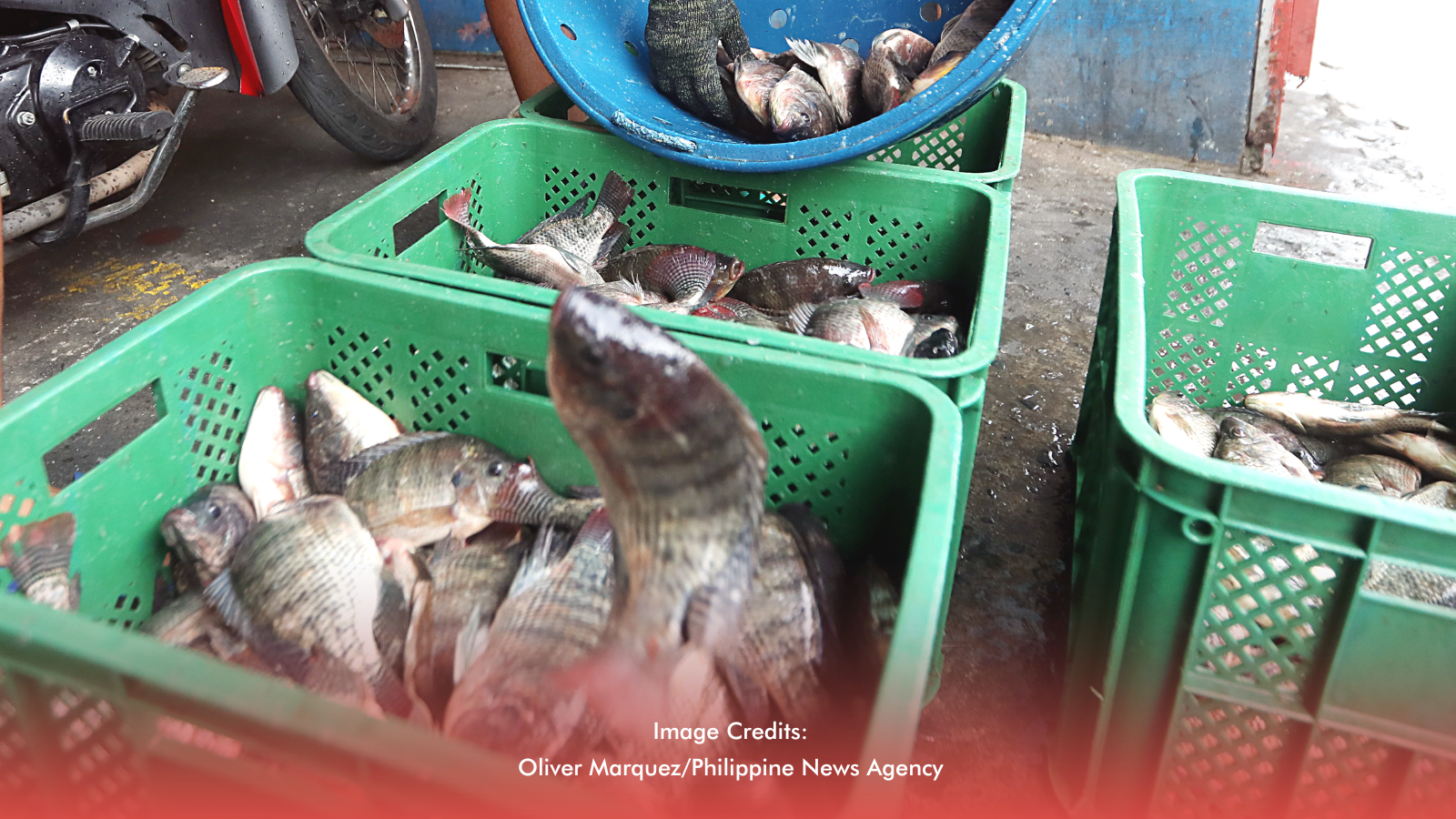The Bureau of Fisheries and Aquatic Resources (BFAR), together with the National Freshwater Fisheries Technology Center, recently gathered key industry players from across the country to strengthen collaboration and improve productivity in the nation’s tilapia sector.
Held at Clark Freeport Zone, the event marked the 2nd National Tilapia Dialogue, which served as a platform for open discussions on challenges, market conditions, and innovations shaping the tilapia industry. Participants exchanged insights and recommendations to address production issues and push for long-term sustainability in aquaculture.
RELATED: [New Tilapia Hatchery in Itbayat, Batanes Revolutionizes Local Fishing Industry]
Strengthening the Industry Through Unity
Alongside the dialogue, PhilTilapia, Inc. held a meeting where 15 members of its Board of Trustees were elected, reinforcing member relations and establishing new directions for the group. The election was seen as a timely move to ensure continued growth and strategic alignment across different sectors of the tilapia industry.
Tilapia remains one of the Philippines’ most valuable fish species—an affordable, protein-rich staple that also supports thousands of Filipino fish farmers nationwide. However, the industry continues to face persistent hurdles, such as high production costs, post-harvest losses, and limited market access.
A Call for Collective Action
BFAR National Director Elizer Salilig and Regional Director Wilfredo Cruz both reaffirmed the agency’s commitment to supporting the sector’s development, emphasizing that collaboration remains key to progress.
They underscored that working together across regions and agencies will be vital in addressing the challenges faced by fish producers, enhancing tilapia output, and ensuring a steady supply for Filipino consumers.
By uniting government, industry, and local producers, the initiative aims to sustain the momentum of tilapia production, ensuring it continues to thrive as a cornerstone of food security and livelihood in the Philippines.
RELATED: [Kinse Kilometro Para Sa Tao: Fishermen Protest Against Nearshore Commercial Fishing]








